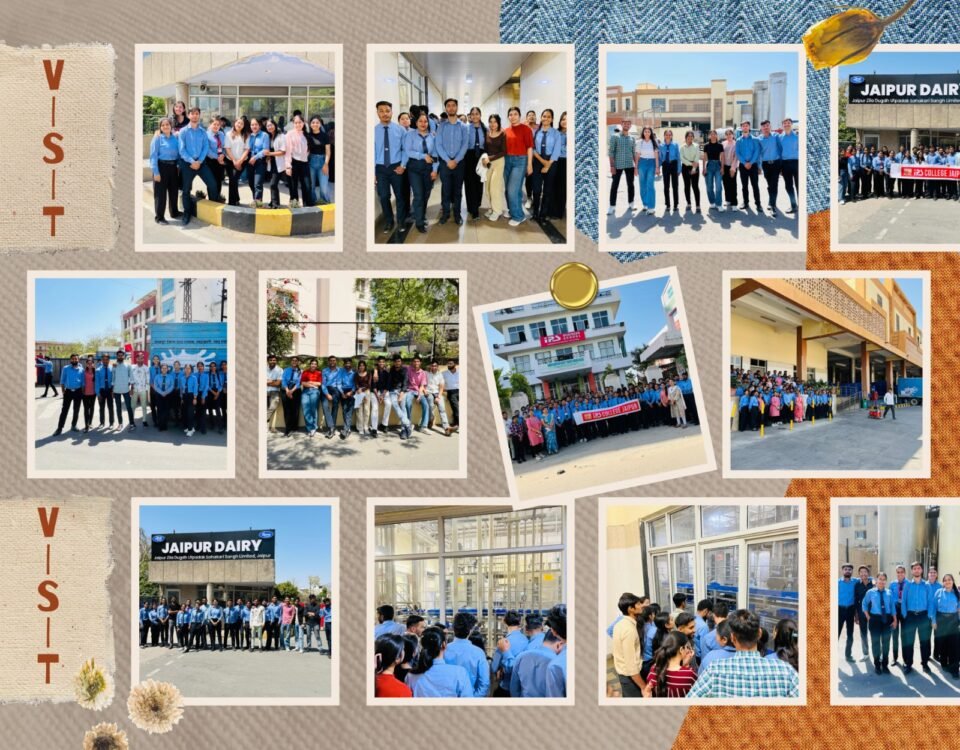- How may I help you?
- 8233970000
- 9829016449
- info@ipsedu.in
SAP Training by Professionals
SAP stands for System Application and Products in data process. SAP is a business oriented application which deals in various sectors of business naming analytics, contents and collaboration, financial management, human capital management, supply chain management, customer relationship management, technology platform, etc. SAP software does a lot of task, making life easier. SAP ERP (Enterprise Resource Planning) is one of the most used technique.
IPS BUSINESS SCHOOL – JAIPUR provides this training free of cost to the BBA/MBA students. Let’s take an example to understand the efficiency of SAP.
So, what does SAP do in a company – it facilitates and records all the business processes for a company – let’s take an example of a company making shirt buttons. The business process of this company is to: buy plastic from vendors, mould it into buttons using a machine M1, operated by operator P1, then punch holes using machine M2, operated by operator P2, pack the buttons in boxes using M3, operated by operator P3, and then ship them to customers.
Now, how would one know which vendor supplies you what kind of plastic. SAP manages the relationship so the buyer can pick the correct vendor for the required product.
How does the vendor know, how much is to be supplied? SAP generates a purchase order containing all the details, which is sent to the vendor.
How much to pay the vendor, SAP gives you functionality to process vendor invoice and informs finance department to pay the vendor.
 |
| Learn SAP technical software & Business Skills |





